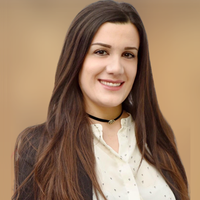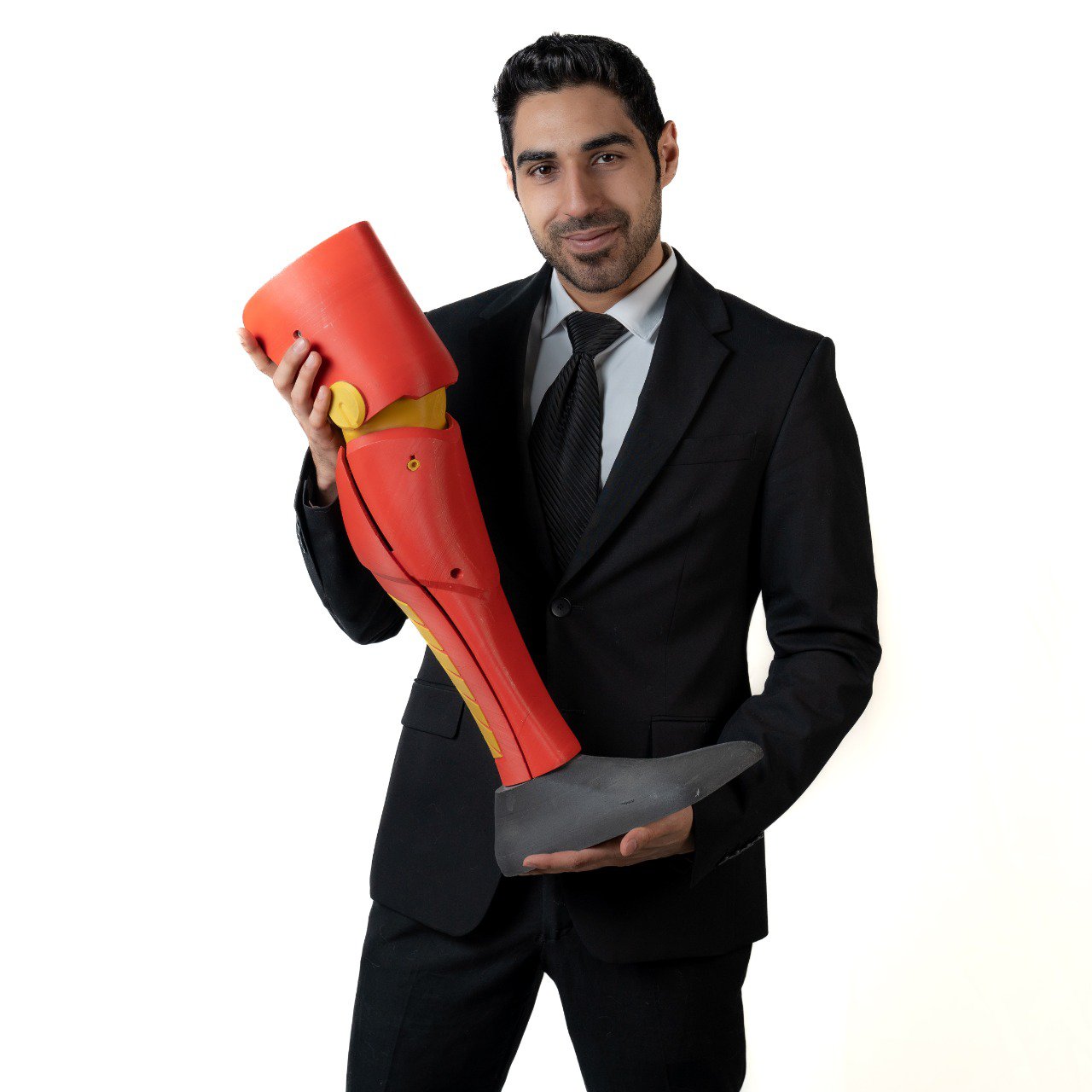There are between 35 and 40 million people worldwide who need some form of prostheses or orthosis, according to the World Health Organization (WHO). More and more people are expected to need these services due to longer life expectancy and population growth. In addition, people in need of these devices are concentrated mostly in low-income countries because of higher rates of traffic and work-related accidents, war and cerebral palsy due to complications in childbirth. But this greater need clashes with poorer access due to the lower purchasing power of the inhabitants of these countries and their precarious healthcare systems. If the loss of a limb occurs in childhood, the problem is compounded: a 10-year-old child may need between 25 and 30 prostheses during his or her lifetime.
The
young Mexican mechatronics engineer Zaid Badwan became aware of this problem
when his mother fell into a coma because of an accident at work in which she
also fractured her hand. In the hospital he was given a bad cast, ended up with
the bone misplaced and almost cost him the amputation of his hand. The young
man interrupted his studies abroad to care for her. After experiencing the
consequences of the loss of well-being that comes with having a damaged limb,
Badwan decided to create MediPrint, a start-up that designs and manufactures
customized orthopedic devices at a low price thanks to 3D printing. Its
products allow people and animals to increase their independence and improve
their emotional state. For this initiative, Badwan has been selected by MIT
Technology Review in Spanish among the winners of Innovators under 35 Latin
America 2022.
Unlike prostheses, orthoses do
not replace the limb and only replace some of its functions, as do splints. The
WHO states that between two and four times as many people require orthoses as
those who need prostheses. The innovator designs, manufactures and installs
prostheses and orthoses, both internal and external. To do this more cheaply
and quickly, MediPrint 3D prints the prosthetic device using biocompatible
material. The engineer says: "We have lifted people who have been in
wheelchairs for 10 years. We help them return to the capabilities they had at
birth, and we are looking to increase them in the future".
Its products are lighter, safer, and more comfortable than traditional alternatives and allow for proper
ventilation and make it easier for doctors to inspect the affected organ. The customized designs are quick and easy to install, and the material is 100% recyclable. MediPrint has "the largest number of 3D printers we have seen together in Latin America," explains the innovator. Expanding the product catalog, expanding throughout the country, and collaborating with hospitals are the next steps to achieve a greater positive impact of these devices by increasing the capabilities of more people.




